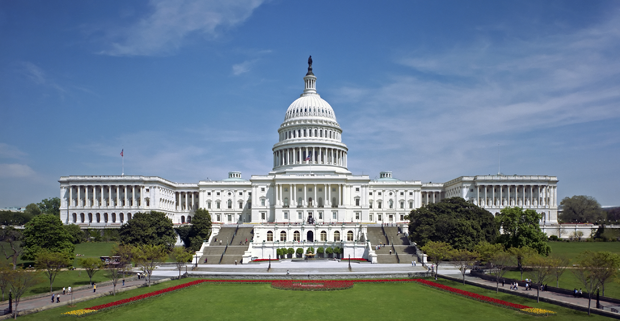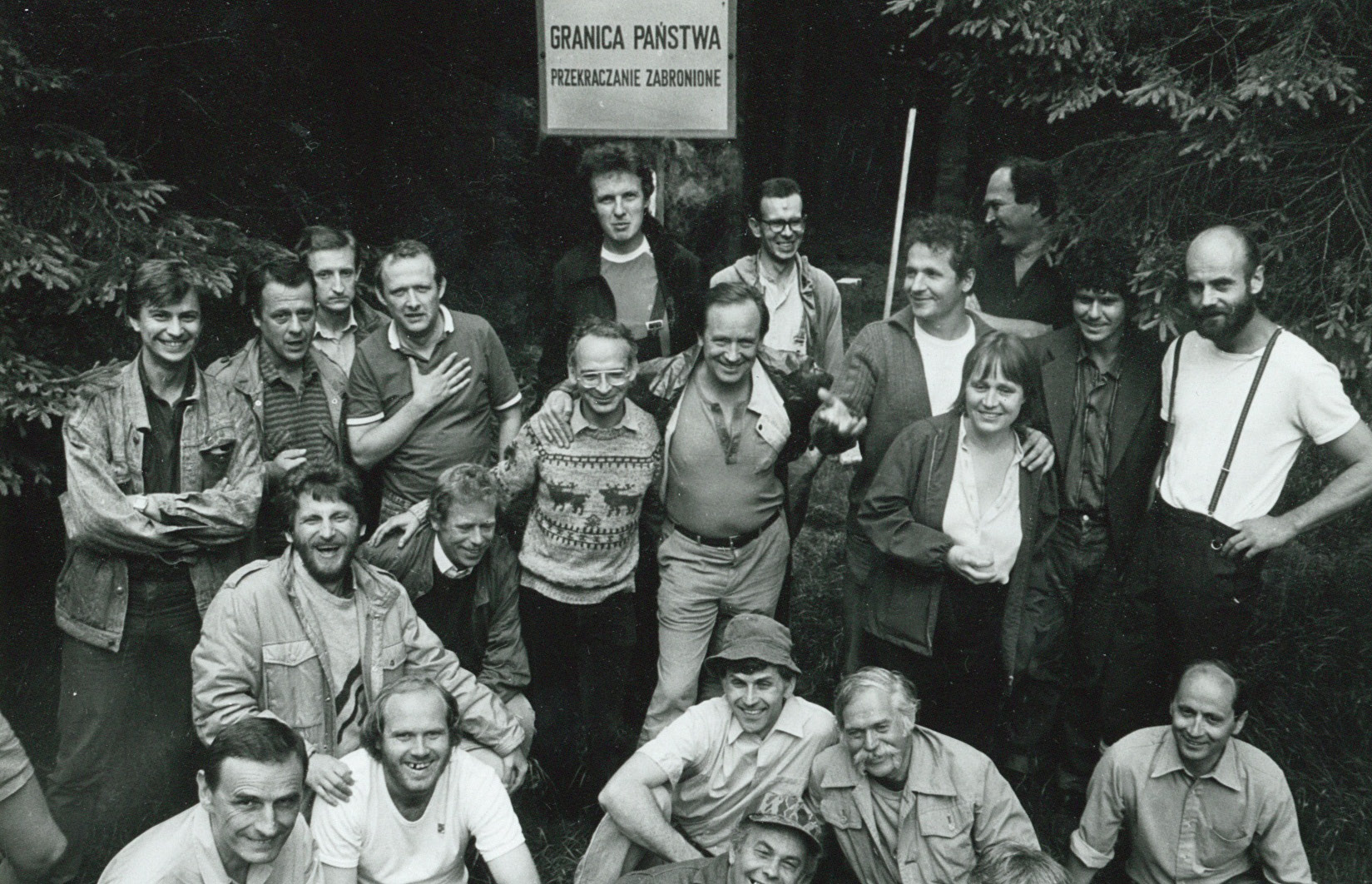
Josh Stearns argues that the US shield law sets a dangerous precedent by allowing the government to decide who is a journalist. (Photo: Wikipedia)
The Free Flow of Information Act – also known as the “Shield Law” – is meant to protect journalists from having to reveal their sources during investigations by the U.S. government. The bill comes amidst news organizations’ growing concern about the impact of surveillance of the press by the Justice Department and the National Security Agency.
Last week a Senate committee approved the bill. The next step would be a vote by the full Senate. However, as currently written, the bill creates two classes of journalists and sets a dangerous precedent for press freedom.
The first class is protected by default. It includes people who have been employed by newsrooms for at least one year in the last 20 years, or for three months in the last five years. This is actually an improvement over an earlier version, but still excludes many freelancers, bloggers and citizen journalists.
For those not in that class, the bill allows a judge to decide if “such protections would be in the interest of justice and necessary to protect lawful and legitimate newsgathering.” This “judicial discretion” catchall means a broad range of acts of journalism could be protected, but raises questions about the necessity of the first definition of journalist.
The judicial discretion inclusion is significant because the case law in this area strongly asserts protection for all acts of journalism, not just some pre-defined set of “legitimate” journalists. For example, in a 2006 decision a California state appellate court wrote:
We decline the implicit invitation to embroil ourselves in questions of what constitutes “legitimate journalis[m].” The shield law is intended to protect the gathering and dissemination of news, and that is what petitioners did here. We can think of no workable test or principle that would distinguish “legitimate” from “illegitimate” news. Any attempt by courts to draw such a distinction would imperil a fundamental purpose of the First Amendment.
This point is echoed in decisions by the Second, Third and Ninth Circuit federal courts of appeals and the U.S. Supreme Court. And there is a growing consensus amongst leaders inside traditional journalism institutions that we should protect all people engaged in the journalism process regardless of their occupation or affiliation. The Society for Professional Journalists recently passed a resolution that “rejects any attempts to define a journalist in any way other than as someone who commits acts of journalism” and even considered changing its name to reflect this.
Which raises the question, why did some Senators work so hard to create two tiers of journalists and spill so much ink trying to limit those who can be covered?
One answer might be to send a message about who they see as “real” journalists and to further chill sources who might talk to independent reporters. This bill has to be seen in the context of Washington’s ongoing war on leaks and some elected officials’ efforts to criminalize journalism.
The debate over this bill exposed a deep and troubling thread of concern about the shifting media landscape and the nature of a truly participatory fourth estate. During the Senate committee meeting, Sen. Feinstein made it clear that she wanted to limit the bill so it wouldn’t protect people like “the 17 year old who drops out of high school, buys a website for five dollars, and starts a blog.” Other Senators made even more troubling statements, speculating and wringing their hands about spies hiding in newsrooms, foreign journalists at Al Jazeera, and protections for Edward Snowden and Wikileaks.
Most such concerns are baseless because the bill includes a huge “national security” loophole that would let prosecutors force journalists to testify about their sources, or face jail time. This exception makes the bill useless for a huge number of journalists who are most often in possession of leaked material. Yet it’s widely believed that this provision was critical to getting White House support of the bill.
What’s at stake here is not just the narrow purview of this bill, but the precedent of allowing government to define who is and is not a journalist. It is a sad irony that a bill meant to expand press freedom could in fact erode First Amendment rights of non-traditional media makers.
This could all be avoided, and the bill could be greatly strengthened and simplified by defining journalism as an act, a process that anyone can participate in, instead of a profession limited to a few practitioners. As the bill moves forward, making that change should be our top priority.
This article was originally posted on 18 Sept 2013 at indexcensorship.org





